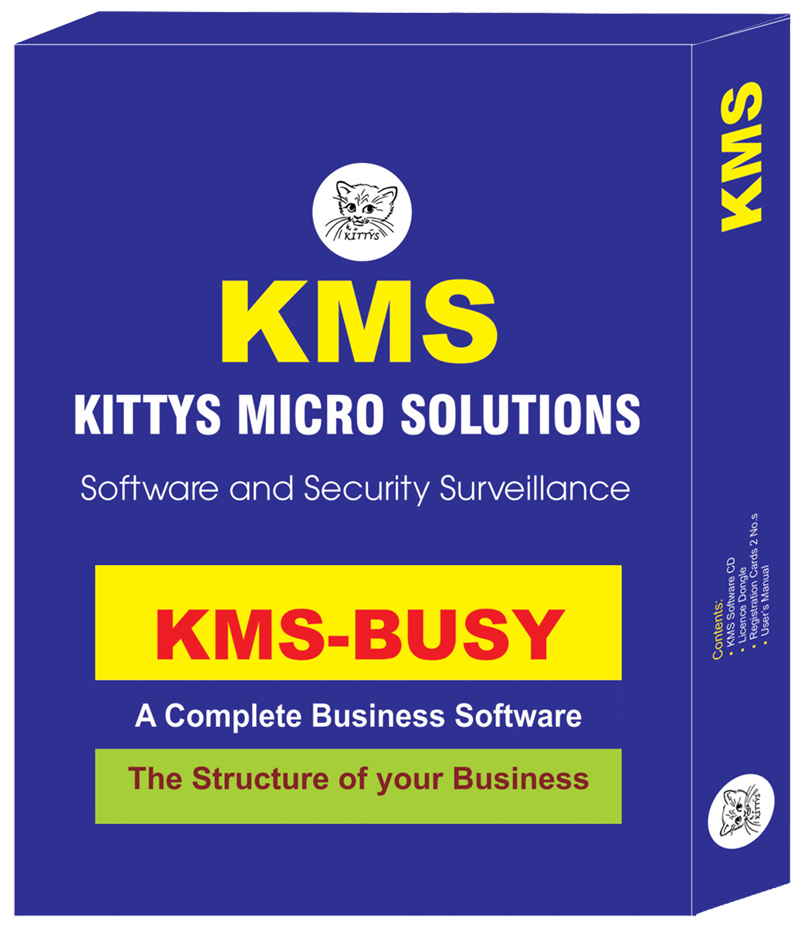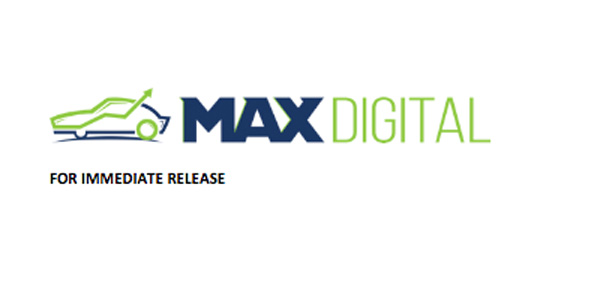Top Accounting Practice Management Software for Business
List of 30 Best Accounting Practice Management Software
Zoho CRM
CRM Software
Zoho CRM Application gives you a 360-degree view of your complete sales cycle and pipeline. It also has a open source version. Zoho CRM empowers small to large-sized organizations with a complete customer relationship lifecycle management solution for managing organization-wide Sales, Marketing, Customer Support & Service and Inventory Management in a single business system....
Zoho CRM
CRM Software
Zoho CRM Application gives you a 360-degree view of your complete sales cycle and pipeline. It also has a open source version. Zoho CRM empowers small to large-sized organizations with a complete customer relationship lifecycle management solution for managing organization-wide Sales, Marketing, Customer Support & Service and Inventory Management in a single business system....


What is Accounting Practice Management Software
Accounting practice management software refers to a specialized type of software designed to streamline and automate various operational tasks within an accounting firm or practice. It is specifically developed to cater to the unique needs and workflows of accounting professionals, including accountants, bookkeepers, and tax professionals.
Accounting practice management software typically offers a range of features and functionalities to help accounting firms efficiently manage their day-to-day operations and enhance productivity.
What is the Purpose of Accounting Practice Management Software?
The purpose of accounting practice management software is to streamline and enhance the operations of accounting firms or practices. It serves several key purposes:
Efficient Workflow Management: Accounting practice management software helps optimize workflow and task management within the firm. It allows for the assignment and tracking of tasks, collaboration among team members, and monitoring the progress of projects. This improves efficiency and productivity, ensuring that work is completed on time and within budget.
Client Relationship Management: The software facilitates effective client management by centralizing client information, including contact details, communication history, and documents. It helps track client engagements, provides a holistic view of client relationships, and supports better communication and collaboration with clients.
Time and Billing Management: Accounting practice management software assists in accurately tracking billable hours, managing time spent on various tasks or projects, and generating invoices based on the time worked. It automates the billing process, reduces errors, and ensures timely and accurate invoicing.
Document Management: The software provides a centralized document repository where accounting professionals can store and organize client-related documents, financial statements, tax filings, and other important files. It simplifies document retrieval, improves document security, and facilitates collaboration on shared documents.
Reporting and Analytics: Accounting practice management software often includes reporting and analytics capabilities, allowing firms to generate financial reports, performance metrics, and key insights into their business operations. This helps firms make informed decisions, identify areas for improvement, and monitor the financial health of the practice.
Accounting practice management software streamlines internal processes, enhances client management, improves efficiency, and enables better collaboration among team members. It enables accounting professionals to focus more on delivering high-quality services to their clients while effectively managing their practice.
What are the Key Benefits of Accounting Practice Management Software?
Accounting practice management software offers several key benefits for accounting firms and professionals. Here are some of the key advantages:
Improved Efficiency: The software automates repetitive tasks, streamlines workflows, and eliminates manual processes. This saves time and allows accounting professionals to focus on more valuable and strategic activities, increasing overall efficiency and productivity.
Enhanced Client Management: Accounting practice management software centralizes client information, including contact details, communication history, and documents. This enables better client relationship management, improves communication and collaboration with clients, and enhances overall client satisfaction.
Streamlined Workflow and Task Management: The software provides tools for assigning, tracking, and managing tasks and projects. It helps prioritize work, allocate resources efficiently, and monitor the progress of tasks and projects. This ensures timely completion of work and improves team collaboration and accountability.
Accurate Time Tracking and Billing: Accounting practice management software allows for accurate tracking of billable hours and expenses. It simplifies the time entry process, ensures accurate and consistent billing, and reduces the chances of errors or discrepancies in invoicing.
Centralized Document Management: The software offers a centralized repository for storing and organizing client-related documents, financial statements, tax filings, and other important files. This simplifies document retrieval, improves document security, and facilitates collaboration on shared documents.
Reporting and Analytics: Accounting practice management software provides reporting and analytics capabilities, allowing firms to generate financial reports, performance metrics, and key insights into their business operations. This helps firms make data-driven decisions, identify areas for improvement, and monitor the financial health of the practice.
Improved Compliance and Security: The software often includes features to ensure compliance with regulations and standards, such as data encryption, user access controls, and audit trails. It helps maintain the security and confidentiality of client data, reducing the risk of data breaches or unauthorized access.
Accounting practice management software streamlines operations, improves client management, enhances efficiency, and enables better decision-making. It empowers accounting professionals to deliver high-quality services, improve productivity, and grow their practice effectively.
What are the Key features of Accounting Practice Management Software?
Accounting practice management software offers a range of features to streamline and optimize the operations of accounting firms. While the specific features may vary across different software solutions, here are some key features commonly found in accounting practice management software:
Client Management: Efficiently manage client information, including contact details, engagement history, and communication records. Track client interactions and ensure timely responses to client inquiries.
Task and Project Management: Create, assign, and track tasks and projects within the firm. Monitor task progress, set deadlines, and allocate resources effectively. Keep track of important milestones and deliverables.
Time and Expense Tracking: Record and track billable hours, non-billable hours, and expenses for client work. Capture time spent on different tasks or projects to ensure accurate billing and resource allocation.
Invoicing and Billing: Generate professional invoices, customize invoice templates, and track billing status. Link time and expense entries to invoices for accurate billing. Automate recurring invoices and payment reminders.
Document Management: Store and organize client-related documents, financial statements, tax filings, and other important files securely in a centralized repository. Enable easy document sharing and collaboration among team members.
Workflow Automation: Automate routine tasks and workflows to save time and improve efficiency. Set up predefined workflows for client onboarding, tax filing, and other common processes to ensure consistency and reduce manual effort.
Reporting and Analytics: Generate comprehensive reports, financial statements, and key performance indicators (KPIs) to gain insights into the firm's performance. Monitor profitability, client retention, and other critical metrics to make informed business decisions.
Integration with Accounting Software: Seamlessly integrate with popular accounting software like QuickBooks or Xero to synchronize data and streamline financial processes. Ensure accurate and up-to-date financial information across systems.
Collaboration and Communication: Facilitate internal team collaboration and communication through built-in messaging systems, shared calendars, and document collaboration features. Enable secure communication channels with clients.
Security and Compliance: Implement robust security measures to protect client data, including data encryption, user access controls, and data backups. Ensure compliance with industry regulations and data protection standards.
These features aim to enhance efficiency, improve client management, and streamline internal processes within accounting firms. The specific features and functionalities may vary depending on the software provider and the needs of the firm.





.png)
